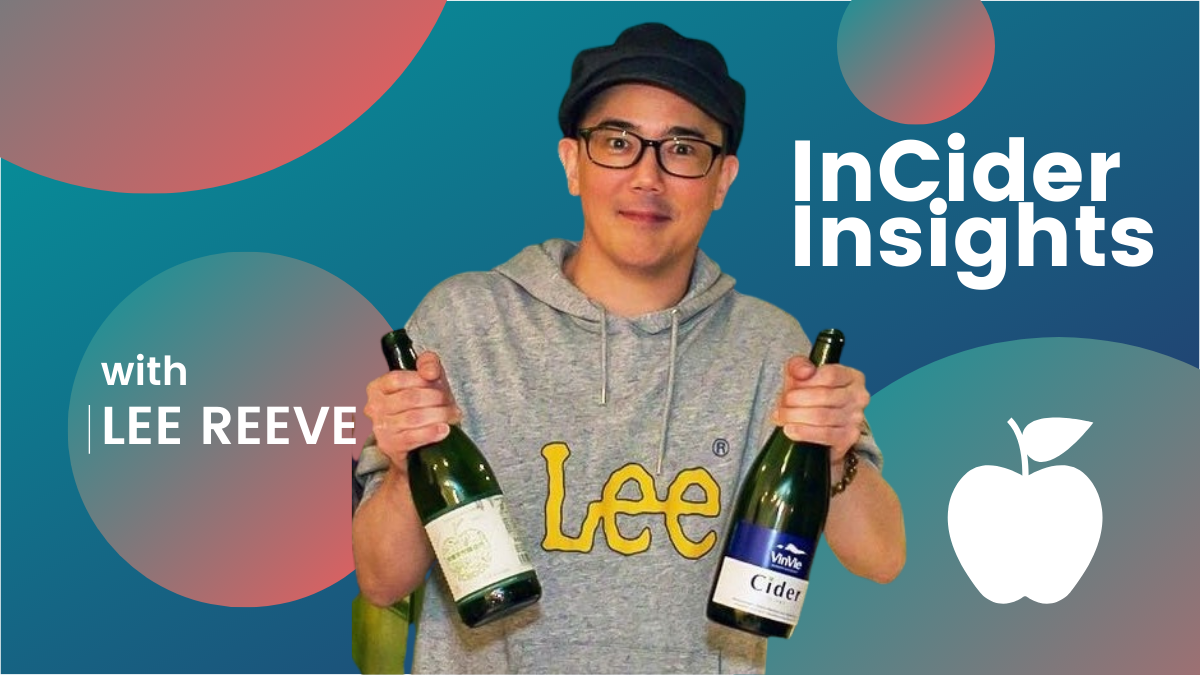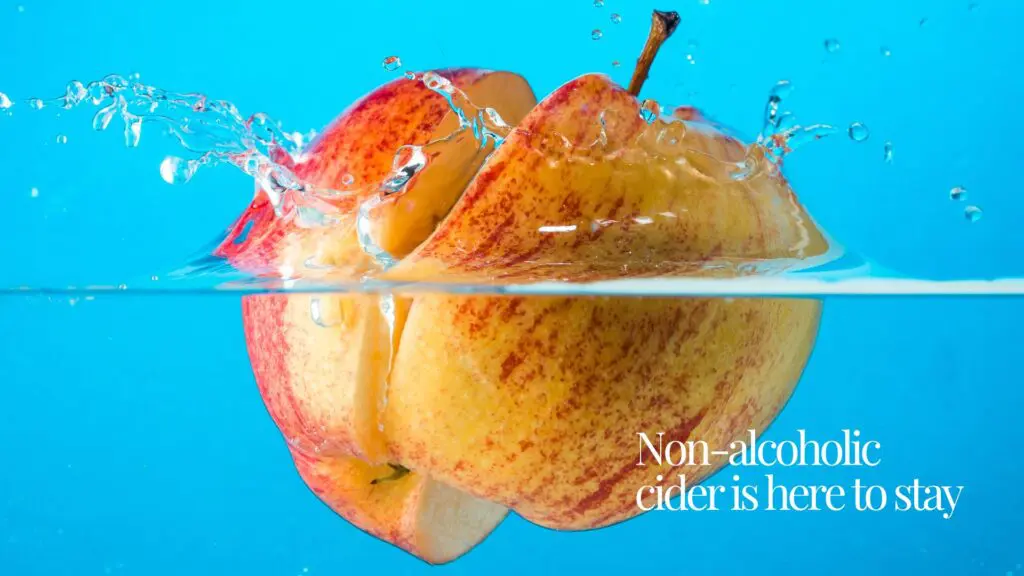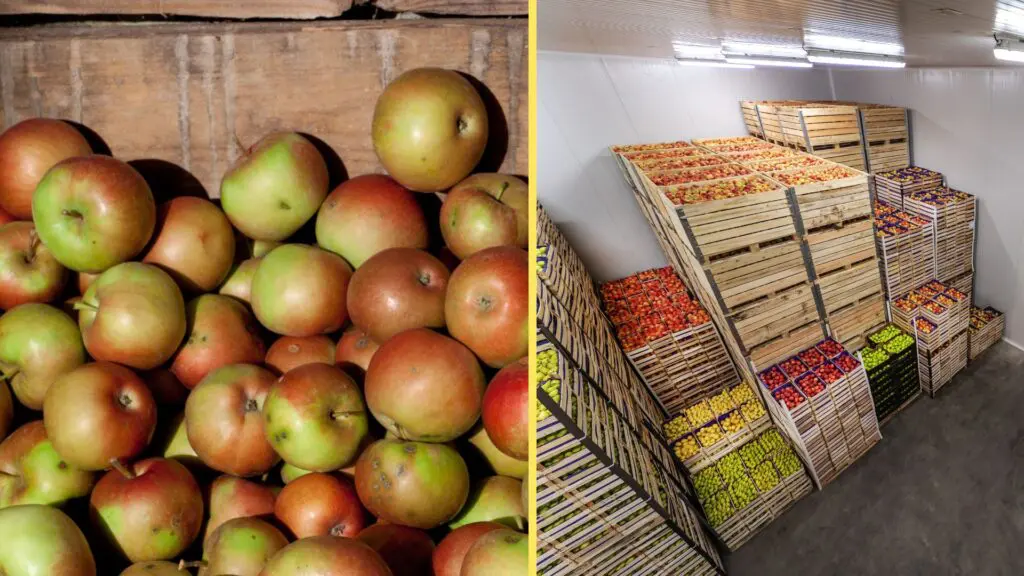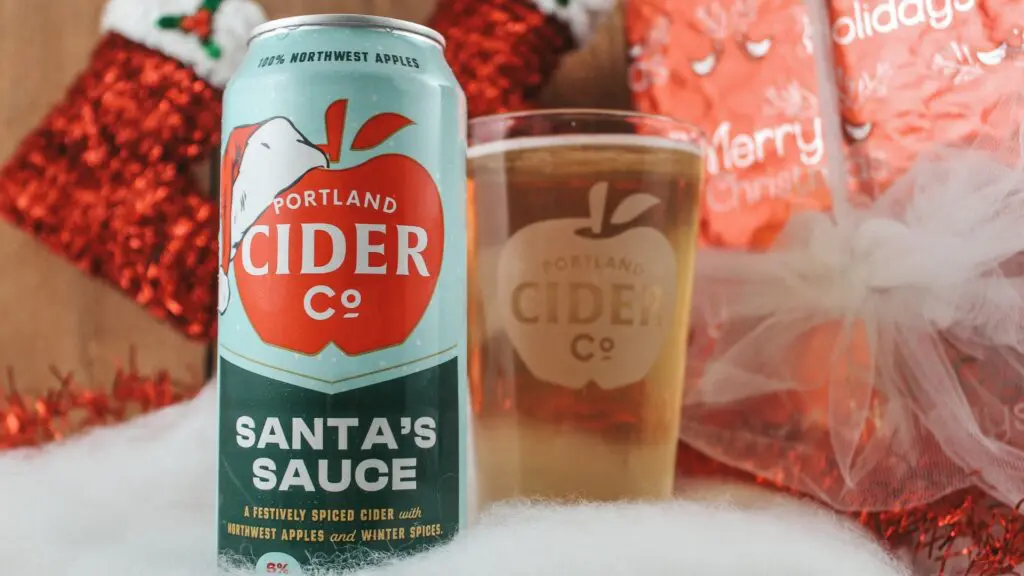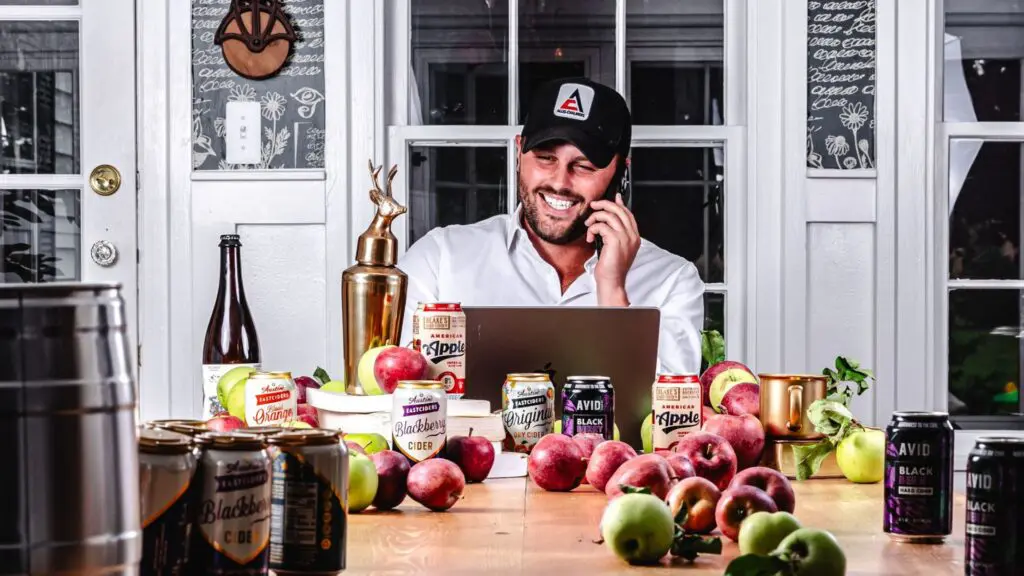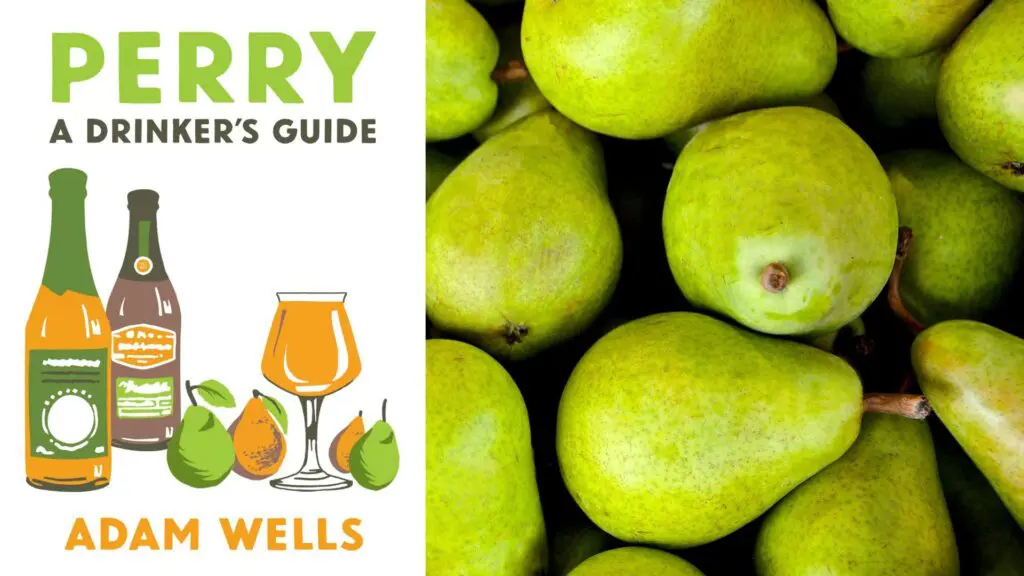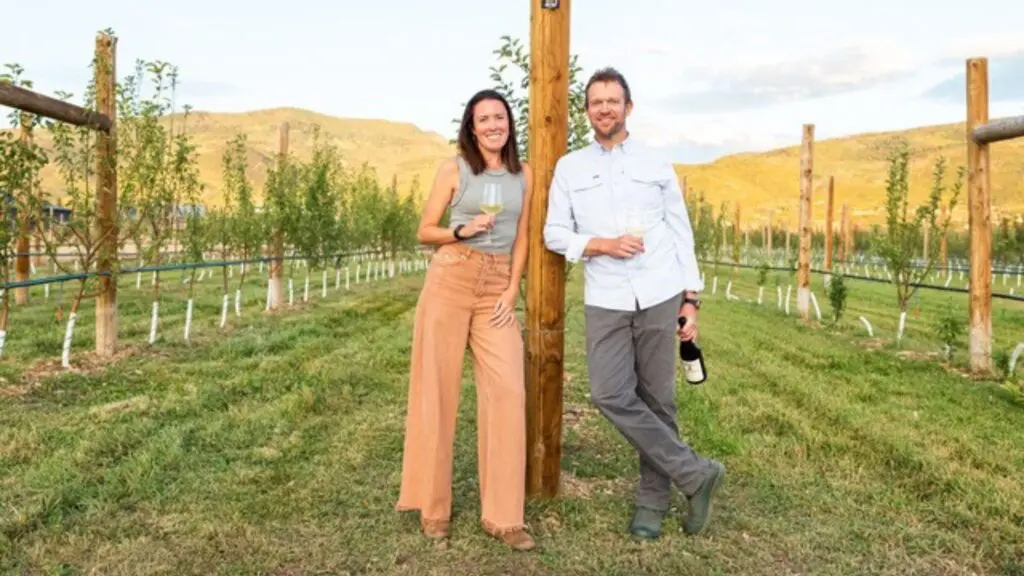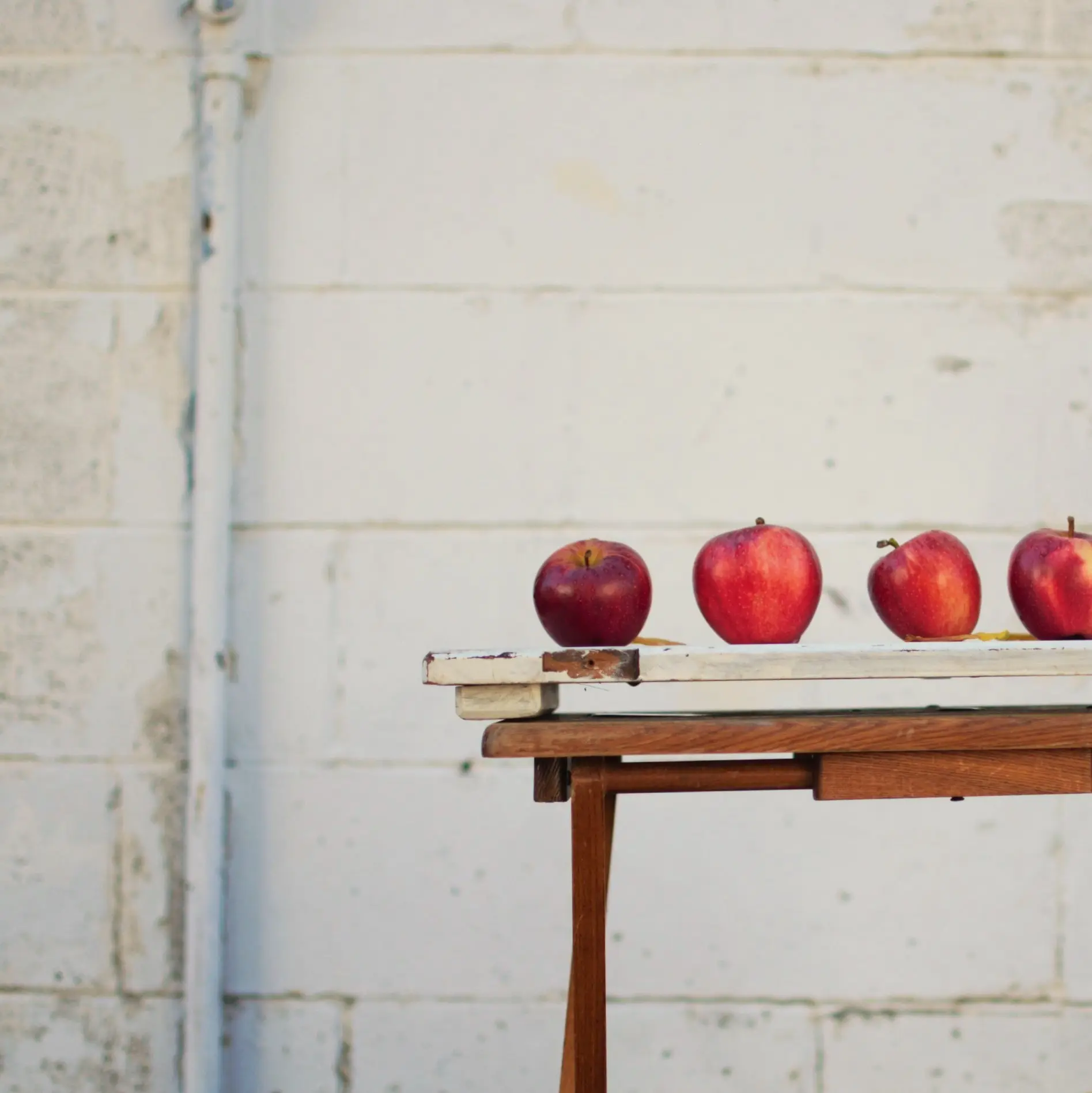Each month I ask one question to three cidermakers to compare the similarities and differences between artist of the same craft. Last month, we learned what favorite styles of cider certain cidermakers like to produce and why. This month, I thought it would be fun to trek a little deeper into the rabbit hole and find out what lies behind the ideas for cidermaking.
When it comes to cidermaking, where do you search for or find your inspiration?
Nat West, Founder & Head Cidermaker | Reverend Nat’s Hard Cider, Portland, Ore.
My inspiration for cidermaking comes from many places and, interestingly, none of them from the orchard. Being primarily a beer drinker, I experiment with beer yeasts, wild fermentations, Belgian ale spices, aromatic West Coast hops and local fruit juices. I’m also an historian of cidermaking, recreating forgotten cider styles, and practicing juicing and fermenting techniques long out of fashion. Permeating all these experiments is a desire to make ciders that no one else will make. Whenever I cook a dish, eat at a restaurant, drink a beer or a cocktail, or peruse the farmer’s market, I am unable to contain my excitement for ingredients and flavors. After making cider for over 15 years, I have concluded that, while apple-only ciders define cider for most of my fellow countrymen, my passion is in creative flavor combinations and making cider in the spirit of craft beer geeks.
Stephen M. Wood, Founder & Cidermaker | Farnum Hill Ciders, Lebanon, N.H.
I have no clear source of inspiration in cidermaking, except the land and the trees. We try to make ciders that we find delicious, and that reflect the apples we grow and the land under them. We were apple growers long before we decided to grow cider apples. And we only started to make cider as a logical extension of that choice. Our early ciders attempted to imitate ciders we’d admired elsewhere (e.g. French style, Somerset style, whatever), but we soon noticed that the ciders from our chilly, bony New Hampshire hillsides had a tossed salad of aromas and flavors that we’d never encountered elsewhere. We had a slight epiphany – “We’re in the U.S.; we can make whatever the hell we want. Let’s try to make something we enjoy that reflects our fruit, trees and land.” That’s what Farnum Hill Ciders are. We’re not artists. We’re tradespeople trying to make a pleasurable sip, that might inspire drinkers to consider our land and trees.
Talia Haykin, Owner & CEO | Haykin Family Cider, Aurora, Colo.
Our inspiration for cidermaking comes firmly from the wine world. We love sparkling wines, fruity, expressive whites, and rich, interesting reds. We always knew that if we were going to make a cider we loved, it would have to be reminiscent of our favorite sparklers. That is how we landed on our high carbonation, clean style with no adjuncts or sugars added. Once we hit that expression, we wanted to keep playing with traditional winemaking techniques, so we started doing méthode ancestrale ciders. It’s complex winemaking but so worth it. The sparkle and sweetness all come from the apples’ own sugars.
Another thing that inspires us is pickling and fermentation in all forms. We love the idea that we can hit pause on a fresh flavor and come back to it in the dead of winter. We are still eating our own pickled vegetables from last season. It’s a similar idea with cider — take a fresh apple, ferment it, and come back to it a year later. To be able to taste the unique character of that apple so far from the time it was picked is amazing.
Lee Reeve is the owner-operator of inCiderJapan G.K. (www.inciderjapan.com), an importer/distributor, retailer, and producer of cider and cider-related goods. He is also the publisher of inCiderJapan, Asia’s first and only bilingual magazine dedicated to all things cider.
Lee Reeve can be reached at [email protected].

